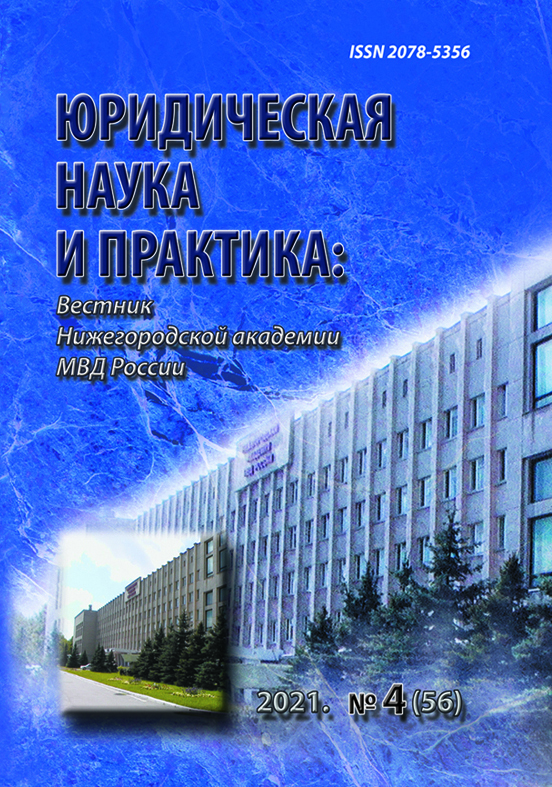Russian Federation
The article discusses the reform of the Spanish jury court in 1995, based on the provisions of the classical jury court of the Anglo-Saxon legal family. The author uses a comparative legal method to identify the features of the adversarial and inquisitorial systems of law, allowing to distinguish between the main models of the criminal process. Comparing the essence of the American jury trial as a representative of the Anglo-Saxon system with its Spanish counterpart, the author comes to the conclusion that the reform didn’t lead to drastic changes, but it only strengthened the investigative nature of the process.
Spanish jury trial, adversarial system, investigative system, the search for truth
1. Mack R. L. Comparative Criminal Procedure: History, Processes and Case Studies Second Edition. Getzville; William S. Hein & Co., Inc.; 2017. 528 p.
2. Jimeno-Bulnes M. American Criminal Procedure in a European Context. 21 Cardozo Journal of International and Comparative Law, 2012-2013, no. 21, pp. 410-459.
3. Mirabella Julia G. Scales of Justice: Assessing Italian Criminal Procedure Through the Amanda Knox Trial. Boston University International Law Journal, vol. 30, no. 1, January 2012, pp. 229-260.
4. Damaška M. R. Evidence Law Adrift. New Haven: Yale University Press Publ., 1997. 176 p.
5. Stoiko N. G. Achievement of truth in modern investigative and adversarial criminal proceedings. Library of criminalist. Scientific journal, 2012, no. 4, pp. 264-273. (In Russ.)
6. Stoiko N. G. Criminal proceedings of Western states and Russia: comparative theoretical and legal research of the Anglo-American and Romano-Germanic legal systems. Monograph. St. Petersburg: St. Petersburg State University Publ., the Faculty of Law of St. Petersburg State University Publ., 2006. 264 p. (In Russ.)
7. Grande E. Rumba justice and the Spanish jury trial. Comparative Criminal Procedure. Edward Elgar Publ., 2016, pp. 365-396.
8. Pizzi W. T., Mariangela M. The Battle to Establish an Adversarial Trial System in Italy. Michigan Journal of International Law, 2004, no. 25, pp. 430-466.
9. Damaška M. R. Structures of Authority and Comparative Criminal Procedure. Yale Law Journal, 1975, pp. 483-544.
10. Thaman Stephen C. Should Criminal Juries Give Reasons for their Verdicts? The Spanish Experience and the Implications of the European Court of Human Rights Decision in Taxquet v. Belgium. Chicago-Kent Law Review, 2011, pp. 613-668.
11. Ley Organica del Tribunal del Jurado (L. O. T. J.) B. O. E. No. 122, May 22, 1995 (Spain). URL: https://www.boe.es/buscar/act.php?id=BOE-A-1995-12095 (accessed 14.10.2021).
12. Ley de Enjuiciamiento Criminal (LeCrim). BOE-A-1882-6036. URL: https://www.boe.es/buscar/pdf/1882/BOE-A-1882-6036-consolidado.pdf (accessed 14.10.2021).












